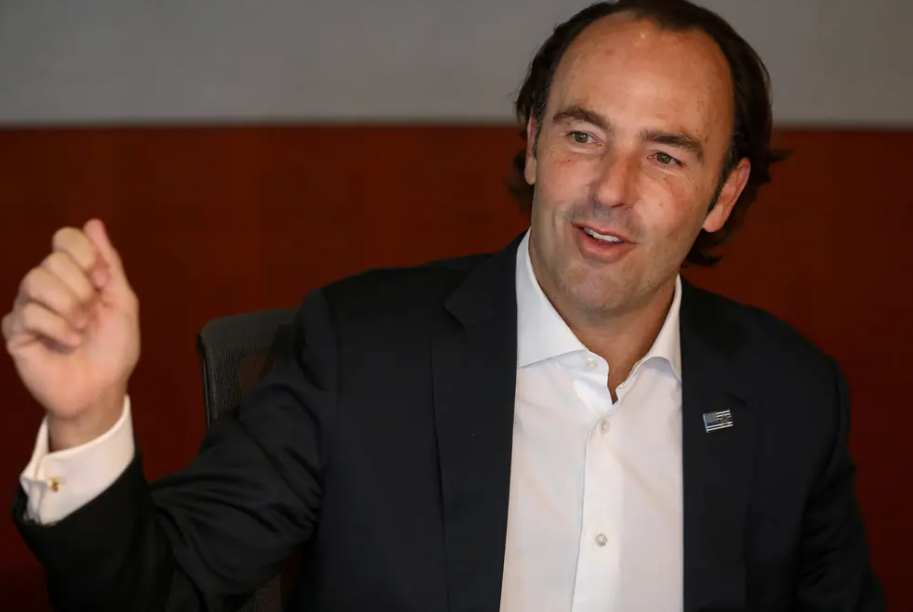Clarence Thomas exemplifies class
Published 9:40 pm Saturday, September 20, 2014
When U.S. Supreme Court Associate Justice Clarence Thomas spoke at The University of Texas at Tyler, he spoke softly. He spoke without rancor, without partisanship and without demonizing his opponents. And this is a man who has himself been demonized by many on the left for his entire tenure on the Court.
Thomas’ speech was informative and entertaining, but even more than that, it was instructive — this is what political civility looks like.
Trending
“I don’t know how you could work with people every day and think they’re the enemy,” he said.
That’s not how he sees his colleagues, though the pundit class tends to portray the Supreme Court as a bitterly divided body.
“It’s a human institution,” he said in his lecture last week. “My colleagues and I know we don’t have the Gospel.”
Contrast this with how Thomas is treated in the media and in liberal circles.
Democratic Rep. Bennie Thompson of Mississippi called the justice an “Uncle Tom” in April, claiming that Thomas “doesn’t like black people, he doesn’t like being black.”
When asked about the claim, the congressman doubled down. “Well if you look at his decisions on the court, they have been adverse to the minority community, and the people I represent have a real issue with an African American not being sensitive to those issues.”
Trending
CNN’s Jeffrey Toobin invokes the stereotype of the “angry black man” when reviewing Thomas’ autobiography. He also takes a swipe at Thomas’ intellect, when writing about Thomas’ appointment to the bench.
“In 1989, he was hardly an obvious candidate for the court of appeals for the District of Columbia Circuit, which is generally regarded as second in importance only to the Supreme Court,” Toobin claims. “Just 41 years old, Thomas had never tried a case, or argued an appeal, in any federal court, much less in the high-powered D.C. Circuit; the last time Thomas had appeared in any courtroom was when he was a junior attorney in Missouri; he had never produced any scholarly work; his tenure at the EEOC, although respectable, did not mark him as a notable innovator in the federal bureaucracy. He was, in short, a black conservative in an Administration with very few of them. That’s why he got the job.”
Toobin also criticizes Thomas for his “silence” during oral arguments before the Court.
“The Thomas of his memoir — seething, aggrieved, wounded — contrasts with the genial and cheerful Justice who today walks the corridors of the Supreme Court Building,” Toobin claims. “It is true that Thomas maintains a drowsy silence through the Court’s oral arguments; for the term that began in October, 2006, and ended in June, 2007, through scores of cases, Thomas did not ask the lawyers a single question.”
But Thomas says that what matters are the opinions he writes, and his faith in the U.S. Constitution.
“Our country is not perfect,” he said. “God, I know that. I grew up during Segregation. But the thing that has helped propel me is the belief that if it’s not perfect, it is perfectible. Our Constitution isn’t perfect, but name me a better one.”








